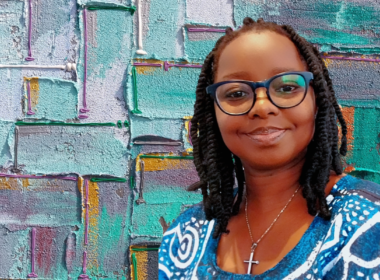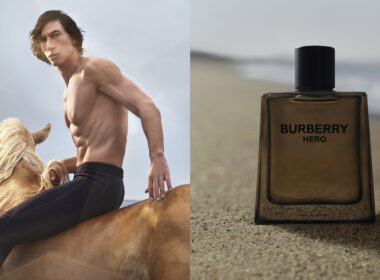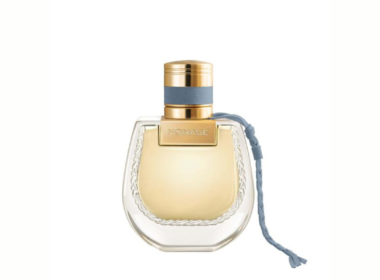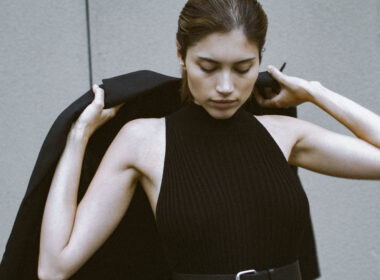Multi-talented performer Ana Milva Gomes has made an indelible mark on the entertainment industry, defying stereotypes and pushing boundaries. With a career spanning over two decades, Gomes’ journey in acting and dancing began with a childhood dream of becoming Janet Jackson’s backup dancer. In this feature interview, Gomes shares her experiences and insights, shedding light on the importance of colour-blind casting and the transformative impact of personal and societal growth. From her milestone role in “Mamma Mia” to her bold book “Look at Me,” Gomes’ inspiring journey showcases the power of self-belief and the relentless pursuit of one’s dreams.
Donna is a chaotic character, and they saw the chaos in me that is needed for the part… It took me a few months to focus on my craft and my talent and not what people would think of my colour because everyone believed in me except me.
Ana Milva Gomes
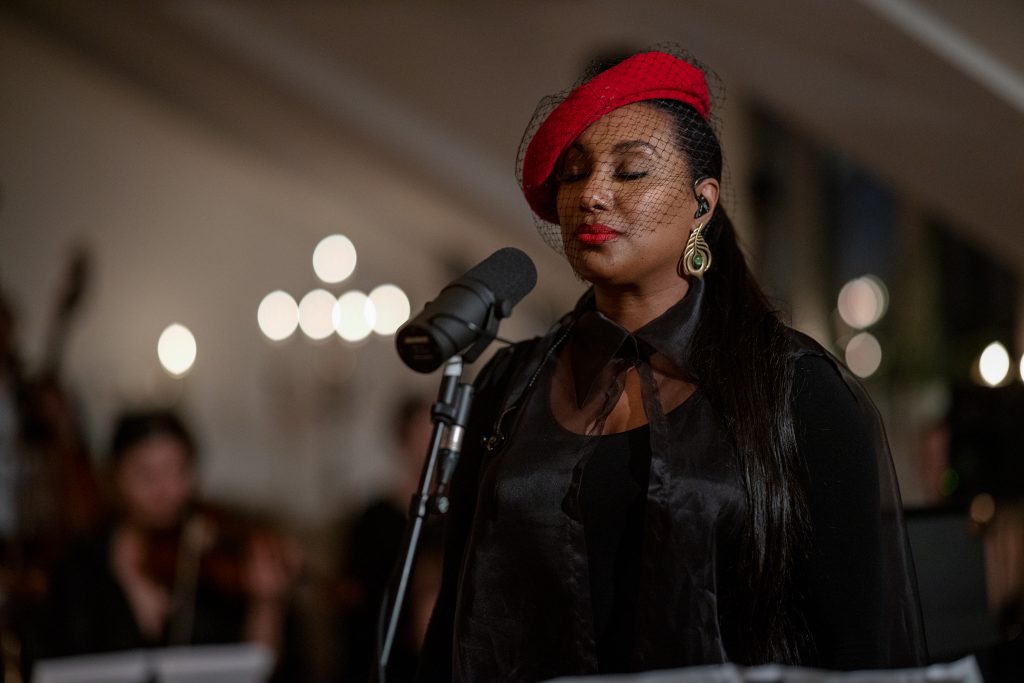
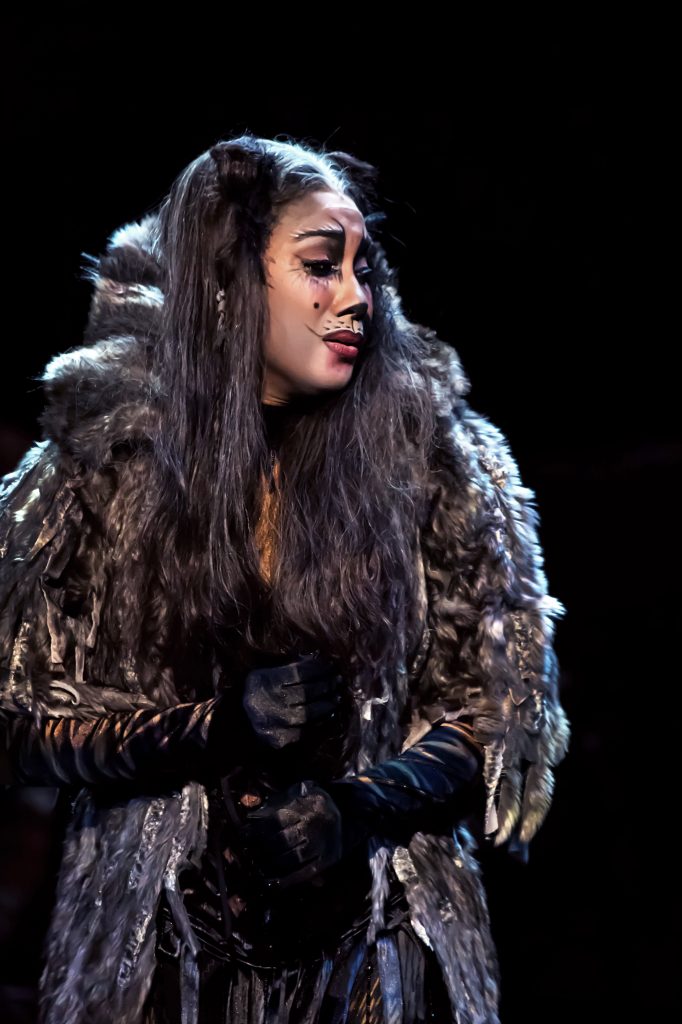
FAB: What led you to pursue a career in acting?
Ana Milva: My journey began as a dancer. From a young age, I dreamed of becoming Janet Jackson’s backup dancer. I have vivid memories of sitting between my mother’s legs, watching television as she styled my hair before bed. One show that fascinated me was… (I can’t remember the name) on an Italian channel called “Rai Uno.” It featured grand ballet group introductions. It inspired me to become a dancer. However, I noticed that none of the dancers looked like me. Later on, in another television show, I saw a little black girl participating to win, and that gave me the fantasy that this could be something for me too.
Years later, my determination to become the best dancer led me to pursue admission to the best school. Discovering that the same little girl from the television show had attended a school in Amsterdam, I decided to apply there too. In Amsterdam, I honed my singing and dancing skills, auditioning for numerous shows in my final year. To my surprise, I received three job offers, all in musical theatre. At the time, I believed that was the only type of show I could be part of. Though sceptical, my parents eased their concerns when they learned of my multiple offers.
In my mind, working in musical theatre would bring me closer to my ultimate goal of seeing Janet Jackson in person. Little did I know that instead of pursuing Janet Jackson, I would find myself enrolling in theatre and receiving even more job offers. And now, all these years later, I am still passionately pursuing my career, even though I never had the chance to see Janet Jackson.
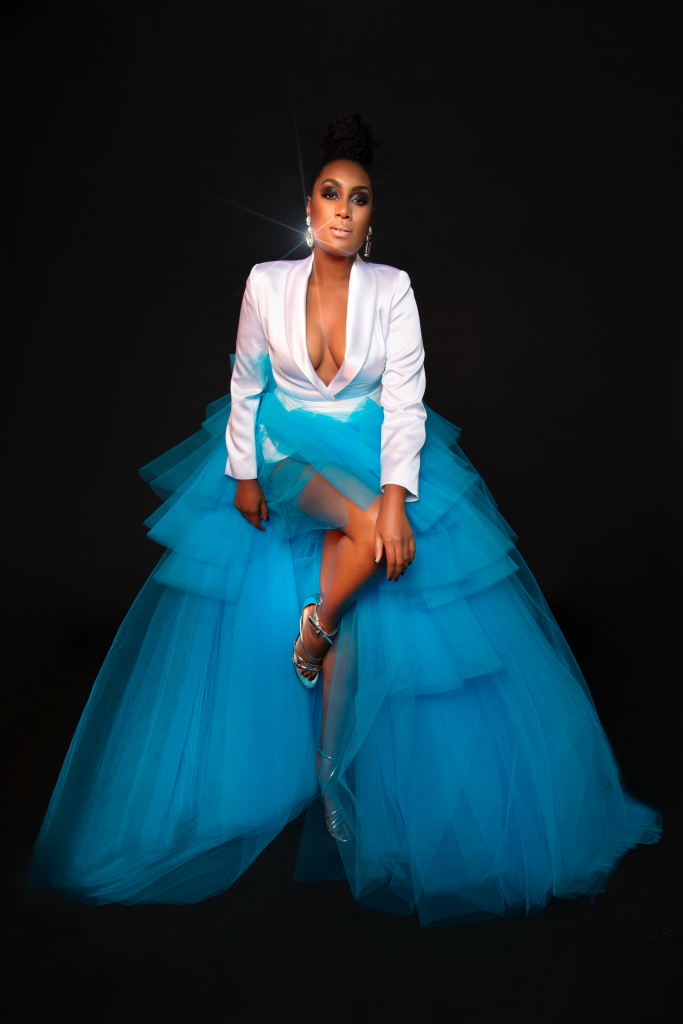
FAB: How important do you think the concept of colour-blind casting is in the entertainment industry? And what impact do you think it has on the representation of diverse performances and the stories that are told?
Ana Milva: I think diversity is currently a hot topic. Representation in the media, on stage, and in every profession should be transparent and inclusive. It is crucial for people to embrace the idea of colour-blind casting, and thankfully, change is underway. When you see someone who looks like you on stage or in magazines, it makes you feel acknowledged, a part of society, and not invisible. During my youth, I often felt invisible because I didn’t resemble those girls on TV and because my hair didn’t flow as effortlessly as theirs.
Fortunately, times are rapidly changing. However, it’s equally important to recognise that change must extend beyond appearances. While progress is visible on the surface, the higher echelons of companies remain predominantly occupied by white males. That is where the next wave of change should be directed. Having an open conversation about this issue will raise awareness and challenge the status quo.
My goal in life now is to continue to have conversations about race, to raise awareness, and to help people be more open… My whole thing is to set an example for my daughter.
Ana Milva Gomes
FAB: You played the dark-skinned Donna in Mamma Mia. Can you share the impact of this milestone on your career and the industry?
Ana Milva: When you think of Mamma Mia, the image that comes to mind is typically a blond lady, not someone like myself. Initially, I had intended to audition for a different role as one of Donna’s friends. However, during the audition, I jokingly changed the lyrics of a song to “Why can I not play Donna in Mamma Mia?” and looked the director in the eye. Surprisingly, he took it seriously. Although I panicked when I realised I had a chance at the role, I gave what I considered to be the worst audition ever. Despite that, I eventually got the job. When I asked the director why he chose me, he explained that my chaotic energy resonated with the character of Donna.
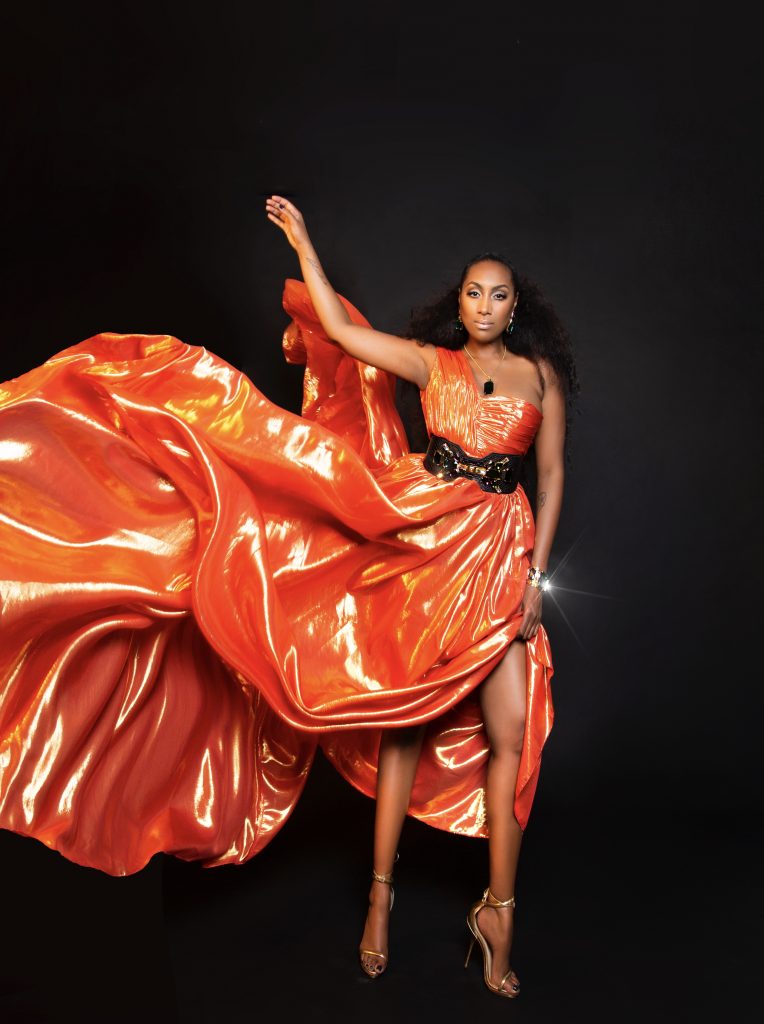
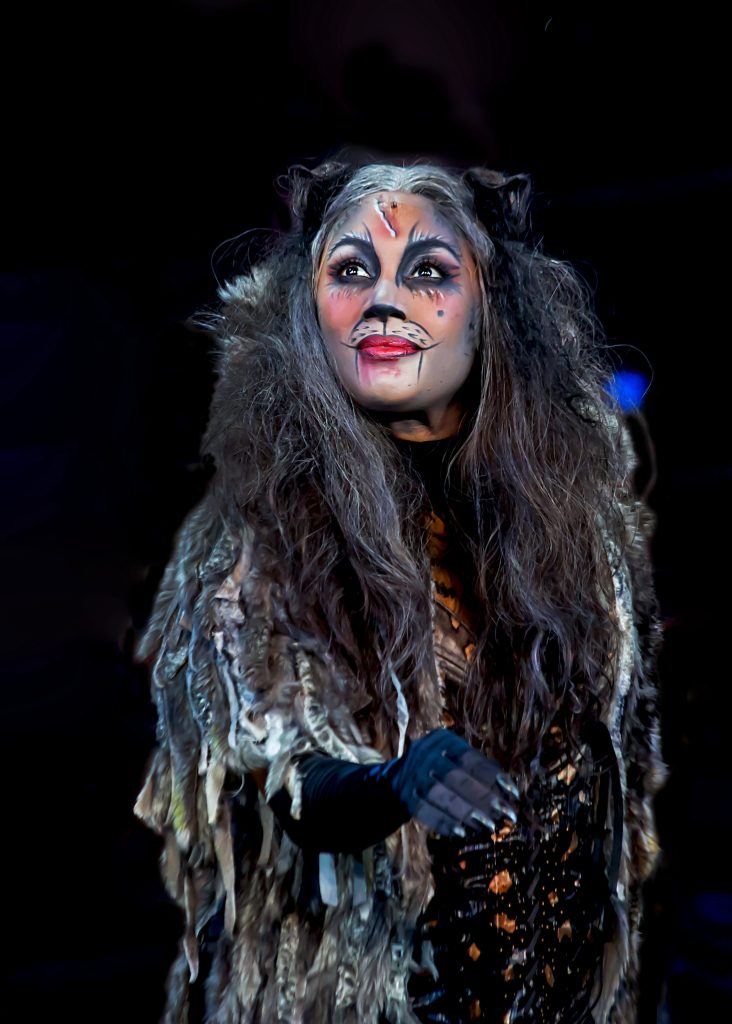
At the time, I felt I was too young for the role, especially since the actress playing my daughter was Asian. Nonetheless, we all stood together. It took a few months for me to shift my focus to my talent and craft rather than worrying about people’s perceptions of my skin colour. Everyone believed in me except myself, but gradually, I learned to believe in myself. It was an incredible experience.
FAB: You mentioned the death of George Floyd as a turning point in your journey. How did this event impact you and your perspective while writing “Look at Me”? Why did you feel it was important to share this message with the world?
Ana Milva: I have always felt different throughout my life. Growing up as the only black girl in my class in Holland, I often felt unable to discuss this issue openly. People would either become defensive, or I would convince myself that it was all in my head. When I saw the video of George Floyd’s murder around the time my daughter was born, it had a profound impact on me. Having personally experienced racial discrimination and knowing that my parents did their best to provide for me, it was disheartening to realise that my daughter would also face similar challenges. Witnessing the brutal killing of a black man in broad daylight was traumatising. Until that point, I had never used my platform to voice my opinions or concerns, fearing trouble or being labelled the “angry black woman.” I felt restricted because I represented a company and couldn’t speak freely.
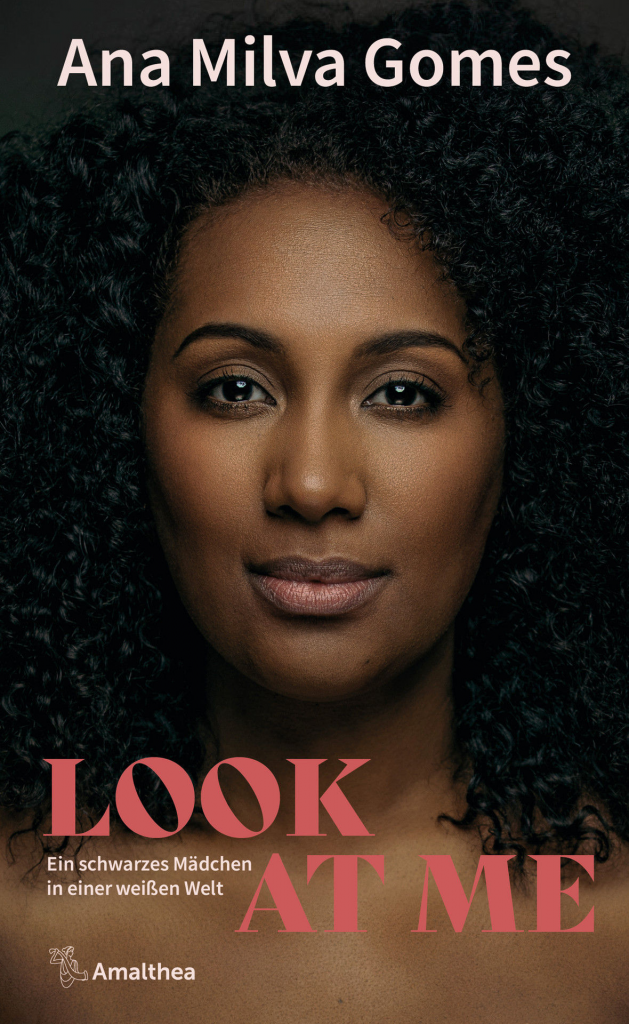
However, when a book company reached out to me, expressing interest in my story outside of musical theatre, I realised I had something important to share. I didn’t want to be confrontational or point fingers, but rather express my fears, concerns, and ideas for making the world a better place, particularly for my daughter. I felt a responsibility as a mother to have an opinion and speak up. That’s how the idea for my book came about.
FAB: You wrote about the responsibility you feel as a black woman, both towards your daughter Isabella and as a black woman on stage. Could you elaborate on this and how it has impacted your career so far?
Ana Milva: It’s quite interesting because this responsibility hasn’t directly impacted my career, but it has profoundly influenced me as an individual and as a mother. After my book was published, I embarked on a book tour and participated in numerous interviews. It was during these interactions that I noticed the pain in people’s eyes as they discussed what they had read. It was the first time I realised that the incidents I experienced were actually traumatic, although I had never viewed them in that light. When something happens to you, you often just move on without fully processing it. However, witnessing the pain in someone else’s eyes made me realise that I hadn’t healed from my trauma. This realisation led me into a deep depression.
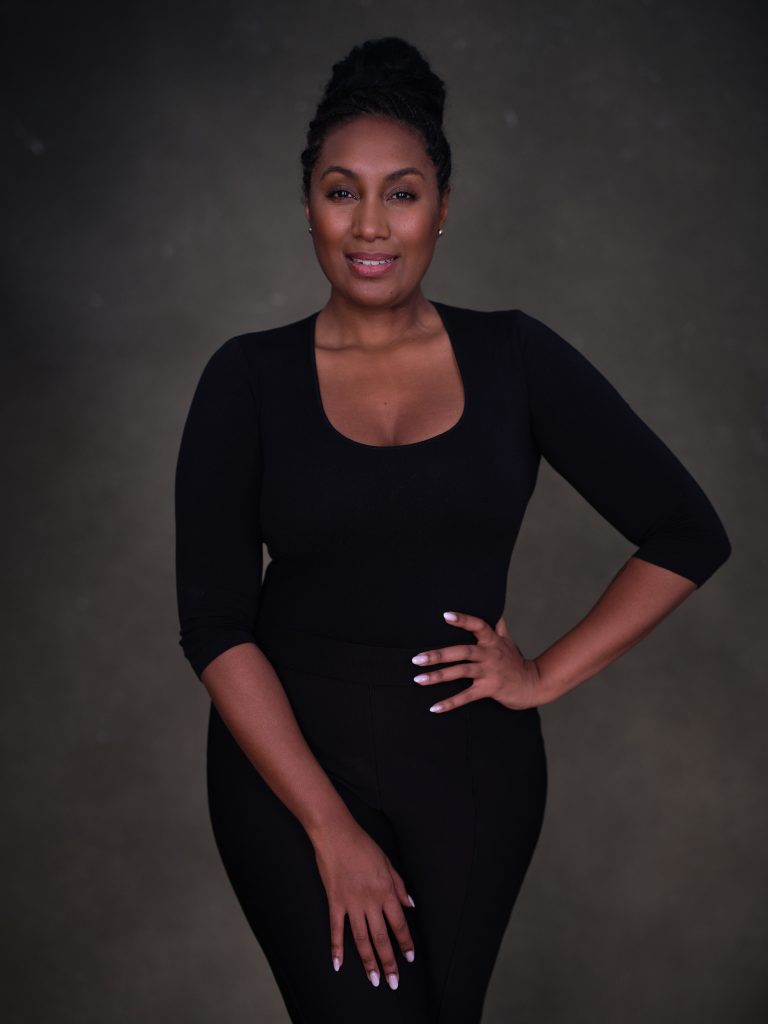
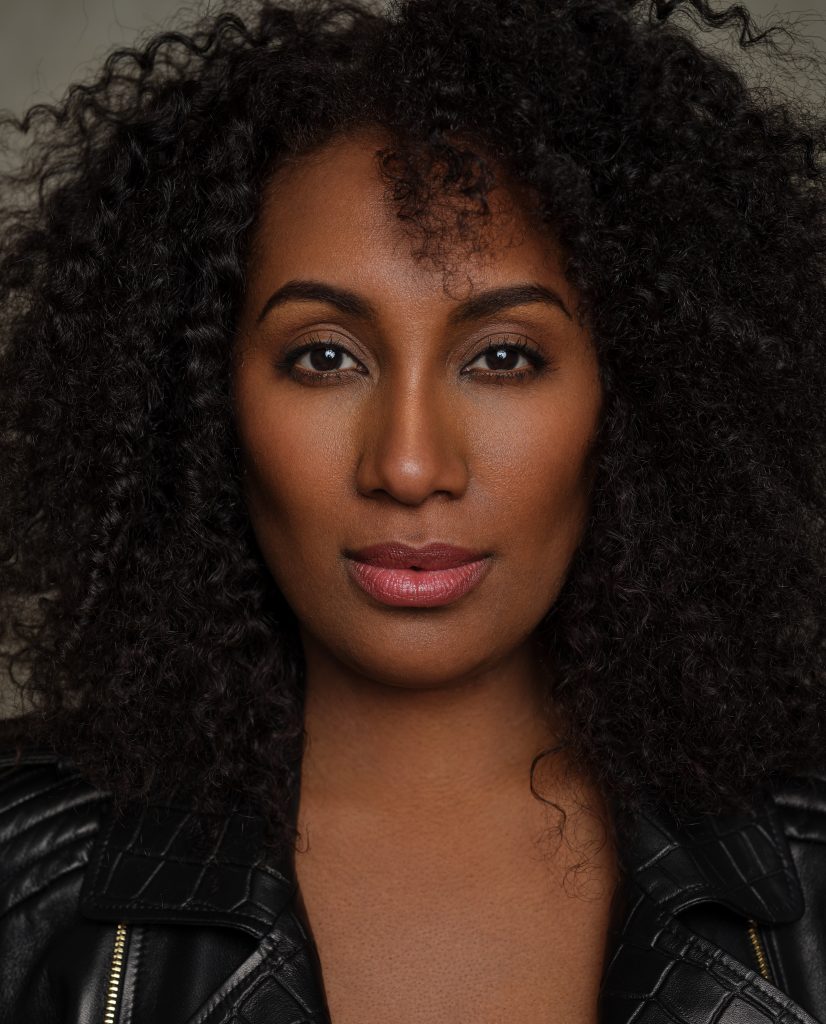
My parents couldn’t shield me from the things I went through because they were working hard to create a good life for me. I came to understand that I had been carrying a significant amount of pain. In order to be the best mother, person, and artist I can be, I owed it to myself to confront and address this trauma, to free myself from its burden, and to become the best version of myself.
I distinctly remember, at the age of three or four, asking my mother to clean me more thoroughly because I still felt dirty. Reflecting on why I said that in the first place and having someone bring it up to me was a profound moment. It made me realise that the issue runs much deeper than I initially thought.
FAB: Can you share one of these experiences you’ve faced throughout your career and how you’ve dealt with it?
Ana Milva: It’s not always overt racism but rather subtle instances that people often try to pass off as jokes. One incident that stands out to me occurred during a rehearsal on stage. My character had to sit at a bar, and I placed my hand on the bar, which was made of beautiful dark brown wood. Instead of cleaning the bar, my colleague, who was behind the bar, deliberately ran his hand over mine and looked at it as if to say, “Oh, it’s not coming off; that’s weird.”
Connecting that experience to my childhood, when I asked my mom to scrub my skin, and now having an adult white male try to do the same thing, deeply hurt my feelings. At the time, I couldn’t articulate it, and I was just left feeling sad. I don’t even blame the person because they were attempting to be funny without realising the potential harm it could cause.
You protect yourself by either letting things go very fast or by making a joke out of it yourself by involving yourself in the joke… but that is feeding the fire.
Ana Milva Gomes
FAB: That’s a lot to process.
Ana Milva: Yes, it is a lot. However, over the years, you become somewhat numb to it. Initially, my instinct was to let it go, but later on, I started reflecting on these incidents. There’s also a self-protective mechanism at play. You protect yourself by either quickly brushing things off or by making a joke out of it yourself and participating in the joke. Often, when I’m in a room with white people, which happens most of the time, I resort to self-deprecating jokes just to ease the tension for myself and others. But in doing so, I’m perpetuating the problem. I’m putting myself down based on absurd stereotypes.
FAB: What concrete steps do you believe individuals and institutions can take to foster greater openness and intercultural cooperation?
Ana Milva: To promote openness, we must start with small steps. I understand that it can be difficult for every white person to relate to the experiences black people go through, but I begin by having conversations within my own circle. I also utilise my platform. My motto is: “If you see something, say something.” People need to be aware of their language and how they communicate with each other. I’ve had these discussions countless times, acknowledging how exhausting they can be, but I see it as my mission and life goal to continue doing so.
FAB: Happy Birthday to Isabella!
Gomes: Thank you; she just turned 3. Since she came into my life, everything has changed so much, and my perspective has completely shifted. I owe everything to her, really.
FAB: How would you approach discussing your work and the challenges of being a single parent in the entertainment industry with Isabella?
Ana Milva: I firmly believe that actions speak louder than words, and Isabella observes how I navigate through life. I don’t necessarily have explicit conversations with her about these topics because she’s still very young. Instead, I demonstrate how I interact with people and handle various situations through my energy. My hope is that she sees and emulates these behaviours. Being a good example for her is my primary focus. I want her to grow up as a curious, open, friendly, secure, and strong individual. I must project those qualities so she can mirror them. I’m highly conscious of her presence and cautious about the people I have around me because the company you keep says a lot about you.
FAB: As a mother and performer, how do you manage the dual responsibilities of motherhood and delivering outstanding performances?
Ana Milva: I handle it just like millions of other women on this planet. It’s the most important career of my life, and I’ve worked hard to get where I am today. However, at the end of the day, it’s a job, and I am a mom. Some days it’s very doable, while others can be challenging. There are moments when I find myself yawning throughout the entire show. Fortunately, my experience and years in the industry have taught me how to switch on my concentration and power through the performance. If you were to ask any other mom around the world, they would give you the same answer.
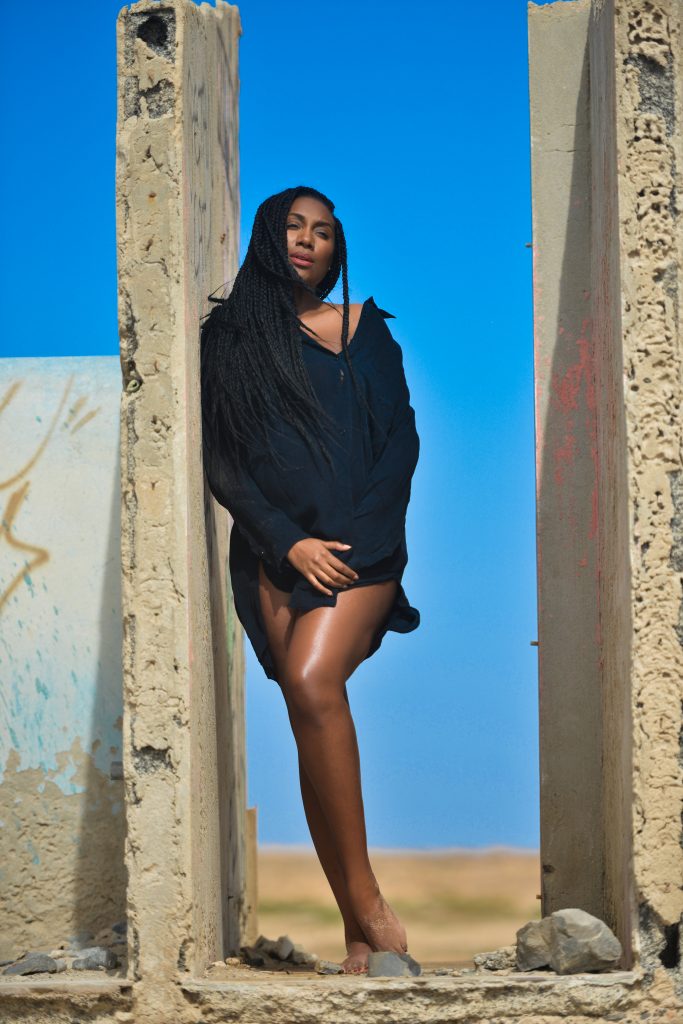
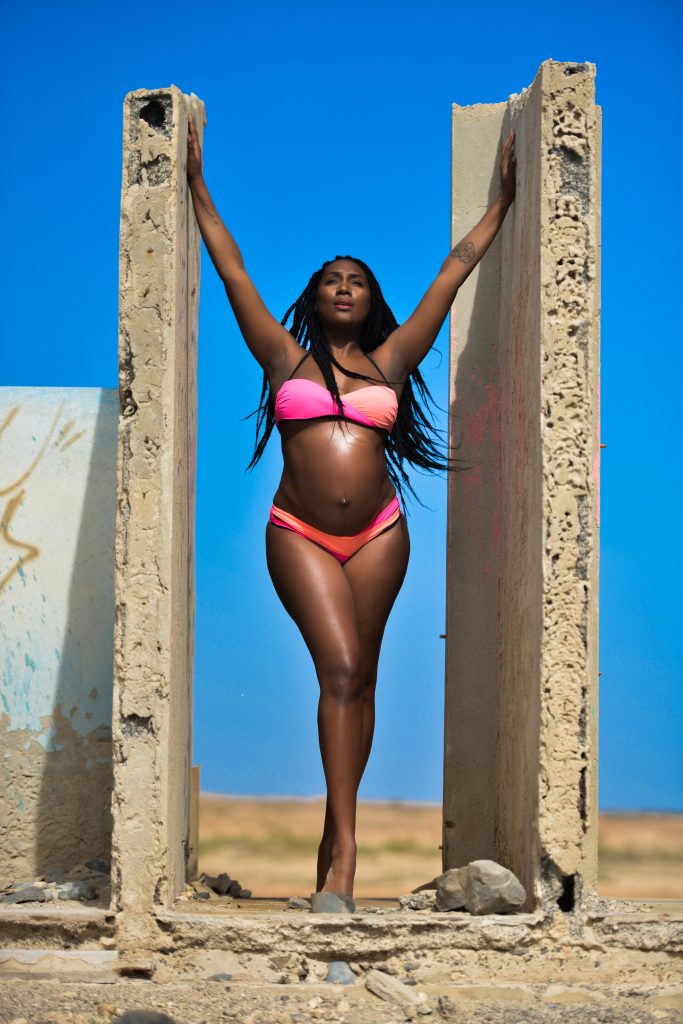
FAB: Some mothers believe that having a baby marks the beginning of the end of their careers. How do you prioritise self-care and maintain a healthy work-life balance?
Ana Milva: I learned this lesson the hard way. I used to believe I was a superwoman who could do it all—have a baby, be on stage, and manage everything. But that’s simply not possible. Having a child changes everything. The key lesson I’ve learned is the importance of prioritising myself. It’s crucial to avoid the mistake many women, including myself, make by exhausting ourselves, constantly being sick, and pouring all our energy into our children and work while neglecting ourselves. I was nearly at a breaking point until I realised that something needed to change. Burnout and mental health issues are not options. You must reevaluate your schedule and how you approach things.
FAB: Reflecting on your career so far, what achievement are you most proud of? And looking ahead to the next 50 years, what do you hope to accomplish? How would you like to be remembered?
Ana Milva: The aspects I value the most are fearlessness, pushing boundaries, and consistency. I take pride in being someone who fearlessly pursues her goals without overthinking.
FAB: Are there any upcoming projects and performances that you are excited about? Or any publication apart from “Look at Me”?
Ana Milva: I have an upcoming theatre project with Volksopera, one of the most prestigious houses in Vienna. I’m both excited and a little nervous about it since it involves dancing, which I haven’t done in a while. Lol… I’m looking forward to the training and the new environment. I’m moving away from long-running big musicals to have more time with my child. I believe there are numerous opportunities waiting for me. Additionally, I’m considering writing a book with kids in mind. Furthermore, I have a vision for my own TV show where I can discuss different people and encourage children to be open and curious about the world. I aim to create my own platform and collaborate with individuals of my choosing. The success of these endeavours remains to be seen.
Fun Zone: #FabFastFive
- If you could only listen to one song for the rest of your life, what would it be?
I Am a Grown Woman by Beyoncé
- Stranded on an island or a desert, and could only bring three items with you. What would they be?
My daughter, a good book, and food
- If you could collaborate with any artist, dead or alive, on the dance project, who would it be?
Janet Jackson
- What is that fashion item you cannot do without?
A GOOD Coat
- What is the craziest thing you’ve ever done for love?
I had the opportunity to connect with someone and engage in conversations for a few months. Based on our convo, I made the decision to travel to a country I had never been before to meet this person. We spent two days together. But, I went back home and never saw again. (During our prior conversations, I had entertained the possibility of a deeper connection.)
Related
